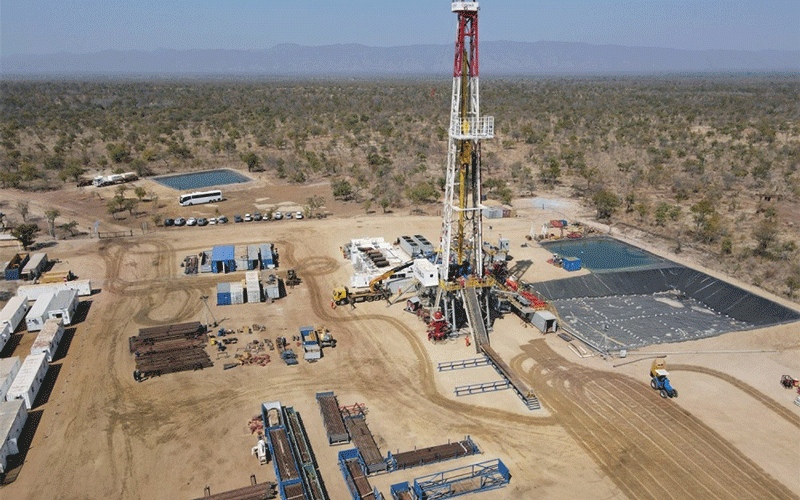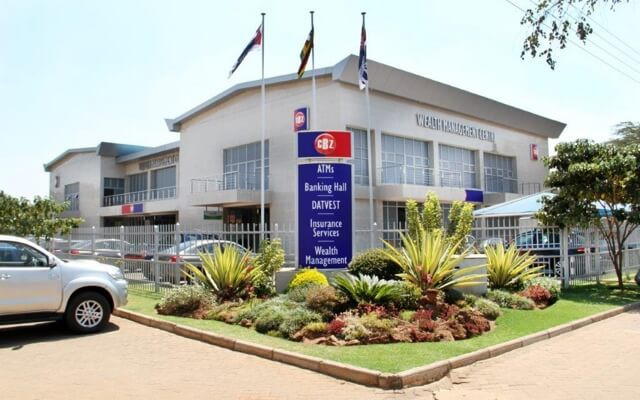
Zimbabwe should use its vast portion of land to trade with Dubai in the agriculture sector and can lease out some parts of it to the emirate, an economist at a leading bank has said.
BY TARISAI MANDIZHA in DUBAI
Dubai is the second-largest city, of the United Arab Emirates (UAE), a federation of seven emirates which got independence in 1971.
UAE is a country which has been transformed from a desert to become one of the world influential destinations with its economy mainly being driven by oil and tourism
Addressing delegates at the Institute for Chartered Accountants of Zimbabwe (ICAZ) in Dubai, Emirates NDB sector economist Athanasios Tsetsonis said Zimbabwe should lease out some of its land to Dubai which has no conducive farming space. Emirates NDB is one of the largest banks in the Middle East and North Africa.

“Given the current situation in Zimbabwe, we know at the moment you have a devastating economy. In terms of agriculture in Dubai there are joint venture opportunities with the UAE farms. But due to the vast land in Zimbabwe, Dubai can use Zimbabwe’s land to boost the trade between Zimbabwe and UAE,” Tsetsonis said.
Tsetsonis said UAE had an open economy with a high per capita income and a sizeable annual trade surplus. Successful efforts at economic diversification have reduced the portion of gross domestic product (GDP) based on oil and gas output to 25%.
- Chamisa under fire over US$120K donation
- Mavhunga puts DeMbare into Chibuku quarterfinals
- Pension funds bet on Cabora Bassa oilfields
- Councils defy govt fire tender directive
Keep Reading
He said the government had increased spending on job creation and infrastructure expansion, and was opening up utilities to greater private sector involvement.
Tsetsonis said UAE’s free trade zones — offering 100% foreign ownership and zero taxes — was helping to attract foreign investors.
“Wholesale and trade is the largest contributor to the economy, 2,7% in 2014 to 3,5% year on year in 2013,” he said.
“Tourism hospitality investments provides an important boost for retail expansion. Dubai’s average occupancy average 78,7% in 2014 down from 80,2% in 2013, while hotels in Dubai are expected to outpace demand in the next few years.”
He said UAE GDP composition, by sector of origin was estimated at — agriculture 0,6%, industry 58,9%, service 40,5%.
UAE has a population of 9,3 million people, of which 1,4 million are Emirati and 7,8 million are expatriates. It had a GDP per capital of $64 500 in 2014.
According to the Investing in Zimbabwe Overview — 2015, Zimbabwe’s agriculture is divided into two parts — industrialised farming of crops such as cotton, tobacco, coffee, peanuts, and various fruits and subsistence farming with staple crops such as maize or wheat.
According to the summary, the former was almost exclusively in the hands of the white minority until the land redistribution programme that started in 2000 and this part of the agricultural economy was highly profitable with large amounts of produce exported.











